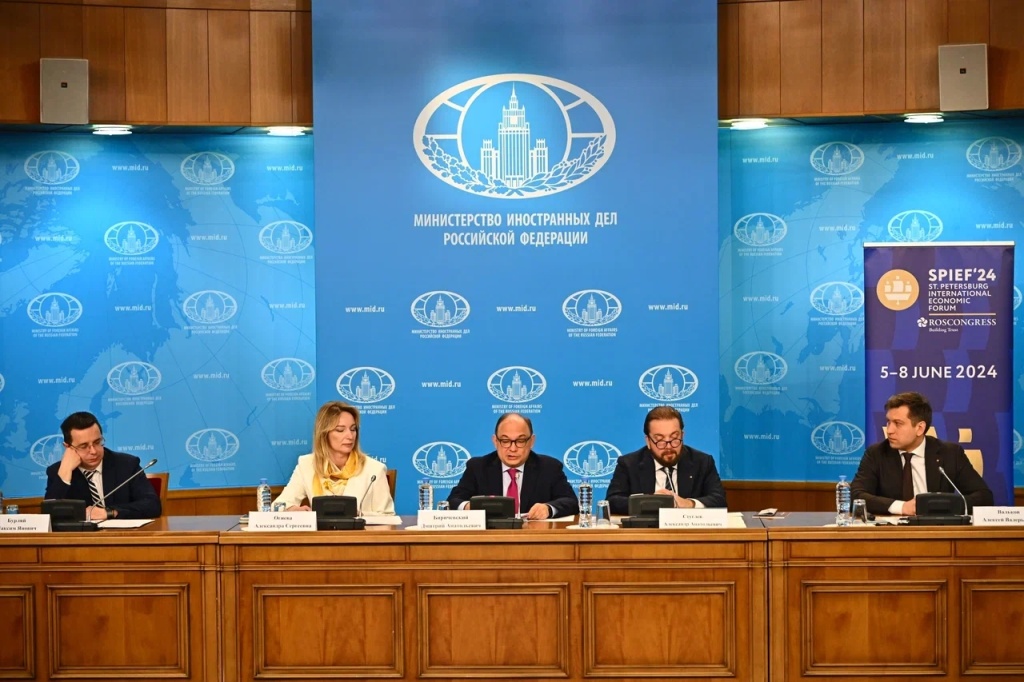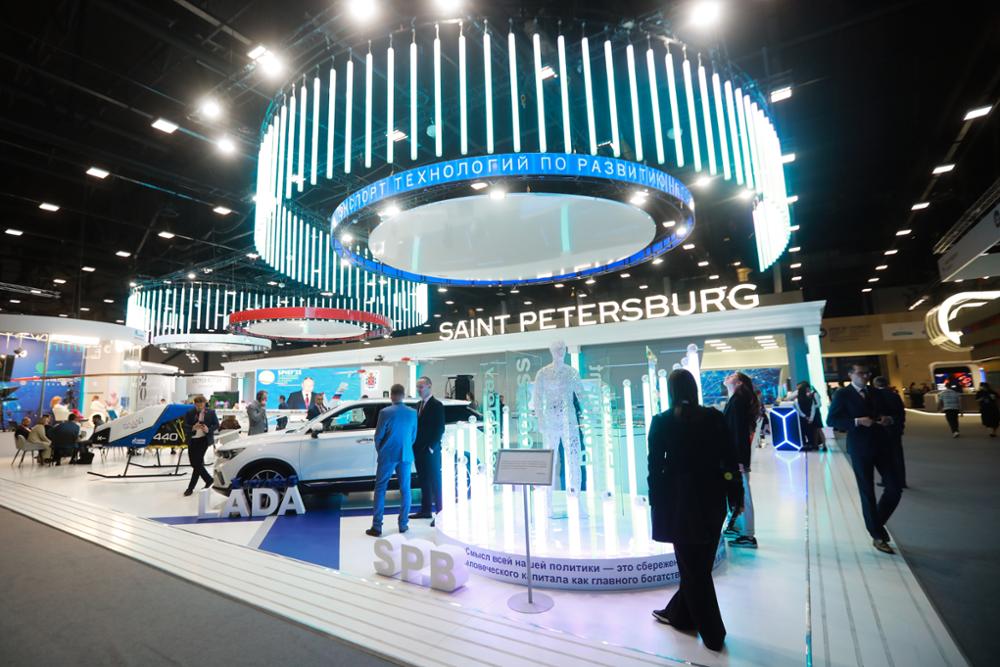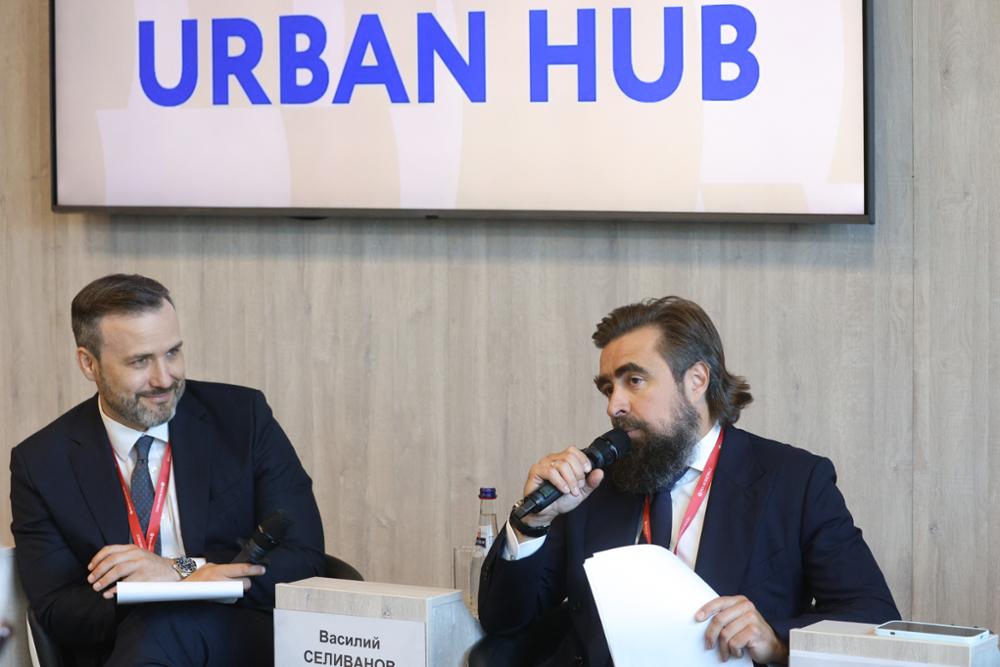
The St. Petersburg International Economic Forum is to hold a regional session in Yekaterinburg
The second regional session of the St. Petersburg International Economic Forum entitled ‘Russia’s Regions: New Areas of Growth’ will take place in Yekaterinburg on February 10, 2016. The event is organised by the Roscongress Foundation jointly with the Russian Export Centre and the Agency for Strategic Initiatives. The first SPIEF regional session took place in Nizhny Novgorod. A total of six such events are scheduled through the end of April 2016 for various Russian federal districts, including the Volga, Urals, Far East, Southern, North-Western, and Central.
The session programme includes a plenary meeting, briefings, bilateral negotiations and consultations. Invitations to attend have been sent to the Russian Presidential Envoy to the Urals Federal District, the Governor of the Sverdlovsk Region, business executives, leading Russian investments experts, members of the public and journalists.
The participants will discuss ways to identify and promote projects in the Sverdlovsk Region and other regions in the Urals Federal District with investment appeal and export potential. The best projects will have a chance to be showcased at the SPIEF Investment Projects show, which will take place as part of SPIEF 2016 in St Petersburg on June 16–18.
According to Adviser to the President of the Russian Federation (Deputy Chairman of the Organizing Committee – Executive Secretary) Anton Kobyakov, this is the first time that Russian regions will have an opportunity to participate in the SPIEF exhibition programme.
‘We intend to continue this work going forward. This is a future-proofing effort in terms of developing the investment capabilities of Russia’s regions. In fact, their potential in this sense is huge. Without a doubt, by helping promote the regions’ investment potential, we are facilitating improvement of the economic situation in Russia as a whole’, Anton Kobyakov said.








